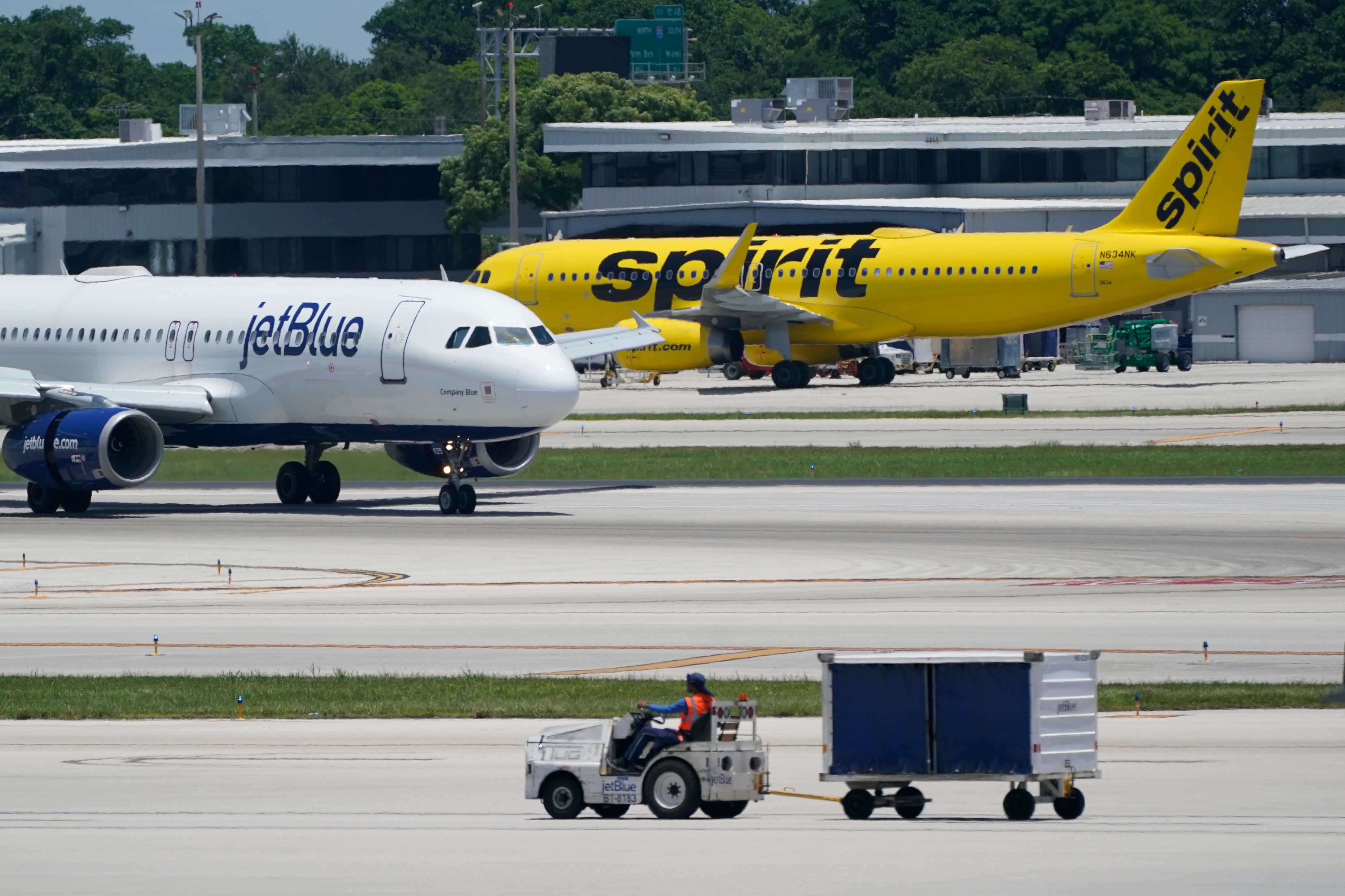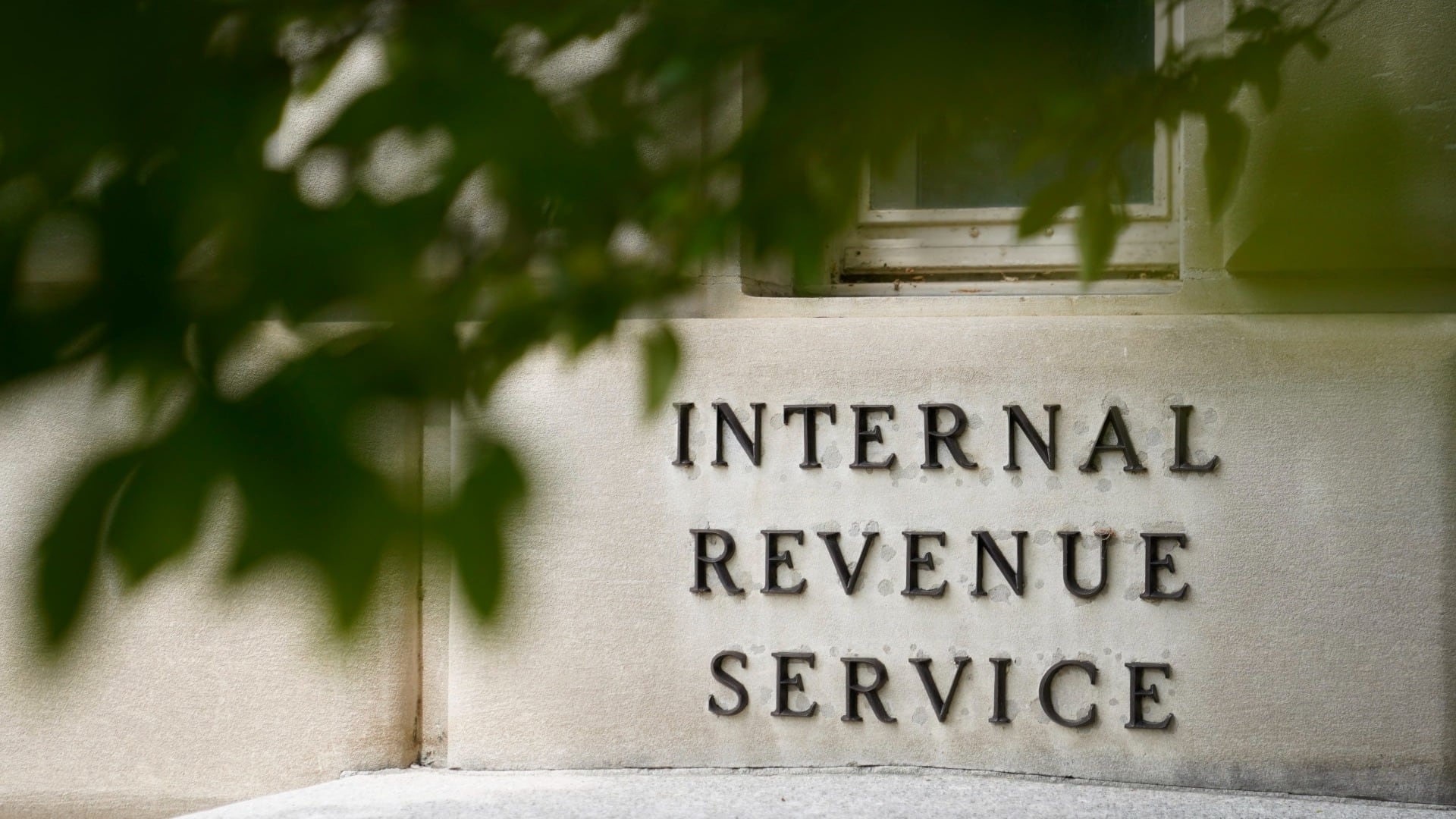By Stan Choe, Damian J. Troise, and Alex Veiga
Updated 4:54 pm ET
Big technology companies powered more gains on Wall Street Thursday, even as most stocks fell following more discouraging data on the economy.
The S&P 500 rose 0.3 percent after rallying back from an earlier 0.6 percent loss as investors weighed new government data showing an increase in the number of Americans who sought unemployment aid last week. A separate report from the Federal Reserve Bank of Philadelphia said that manufacturing activity in its region is slowing. Like the jobless claims report, that reading was also weaker than economists had forecast.
The discouraging reports helped send two out of every three stocks in the S&P 500 lower. Energy producers and financial companies had some of the sharpest drops. Treasury yields also fell, reflecting caution in the market.
But tech stocks in the S&P 500 nevertheless rose 1.4 percent, continuing a remarkable run of resilience that has carried through the pandemic. The industry has been delivering big profits as the pandemic accelerates work-from-home and other tech-friendly trends. And because they're among the biggest stocks by total market value, their movements carry more weight on the index.
The S&P 500 rose 10.66 points to 3,385.51. The gains kept the benchmark index close to its record level. The Dow Jones Industrial Average gained 46.85 points, or 0.2 percent, to 27,739.73.
The strength in tech stocks, meanwhile, helped lift the Nasdaq composite up 118.49 points, or 1.1 percent, to 11,264.95, a record high. Smaller companies didn't fare as well. The Russell 2000 index lost 7.76 points, or 0.5 percent, to 1,564.30.
The initial downward move for stocks Tuesday followed a government report indicating that slightly more than 1.1 million U.S. workers applied for unemployment benefits last week. That's up from 971,000 the prior week and an indication that the pace of improvements for layoffs may be stalling.
The number of jobless claims had been on a steady march downward since March, and the prior week marked the first time the total had eased below 1 million since just before the pandemic shuttered businesses across the country.
"The market's looking through" the worse-than-expected report on jobless claims, said Scott Wren, senior global market strategist at Wells Fargo Investment Institute. "The trend is for continued improvement in the labor market."
Still, with so much uncertainty still hanging over markets, he said he wouldn't be surprised to see it take a "time out" after the S&P 500 returned to a record high on Tuesday.
"From here I think you need new good news," Wren said.
Thursday's back-and-forth moves for the broader market follow up on its sudden loss of momentum Wednesday. Stock indexes began dipping immediately after the Federal Reserve released the minutes from its last meeting.
The Fed has been a central reason for the stock market's rocket ride back to record heights, due to its promises to keep short-term interest rates at their record low of nearly zero and to continue buying reams of bonds to support markets. The Fed's minutes showed that policymakers still find it very difficult to predict the path of the economy, which depends so much on what happens with the virus.
They also showed that several Fed officials aren't very excited about the idea of putting caps on yields beyond ultrashort-term rates, a move that some investors had been speculating could be next for the central bank to help markets.
Apple was among the stocks the led the tech sector's gains Tuesday. The iPhone maker rose 2.2 percent and is once again flirting with a total market value of $2 trillion. It's the first U.S. stock to cross that threshold.
Intel rose 1.7 percent after it said it will speed up $10 billion in buybacks of its own stock because it sees the price as cheap relative to its value.
Uber and Lyft bounced higher after an appeals court said the ride-hailing giants can continue treating their drivers as independent contractors in California while an appeal works its way through the court. Both companies had threatened to shut down if a ruling went into effect Friday morning that would have forced them to treat all their drivers as employees, a change they said would be impossible to accomplish overnight. Uber jumped 6.8 percent and Lyft gained 5.8 percent.
The yield on the 10-year Treasury fell to 0.65 percent from 0.67 percent late Wednesday.
Stock markets in Europe closed broadly lower. The German DAX lost 1.1 percent. The French CAC 40 fell 1.3 percent, and the FTSE 100 in London dropped 1.6 percent. That followed a weak showing in Asian markets.
Benchmark U.S. crude oil for September delivery fell 35 cents to $42.58 a barrel Thursday. Brent crude oil for October delivery fell 47 cents to $44.90 a barrel.
___
AP Business Writer Yuri Kageyama contributed.













